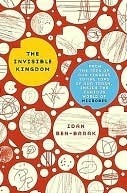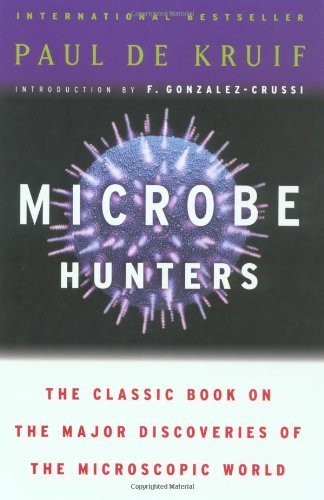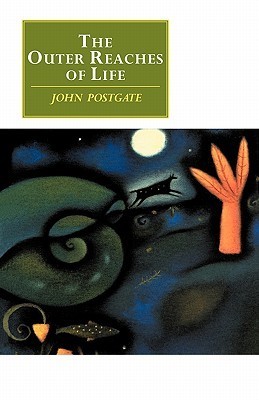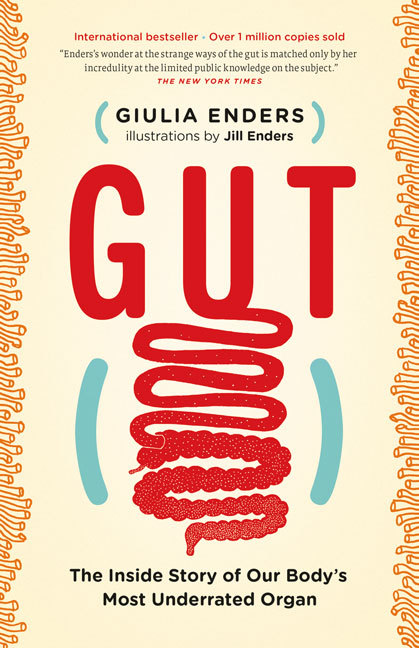
The Invisible Kingdom: From the Tips of Our Fingers to the Tops of Our Trash, Inside the Curious World of Microbes
Book Description
Dive into a hidden universe teeming with life, where microscopic creatures shape our health, environment, and even our dreams. Journey through the unexpected realms of germs, bacteria, and fungi that inhabit our bodies and surroundings, revealing their astonishing influence on the world. From the tips of our fingers to the forgotten scraps in our trash, this captivating exploration illuminates the unseen forces that sustain existence. As the line blurs between friend and foe in this microbial realm, one question looms large: How much of life's fabric is woven by those we cannot see?
Quick Book Summary
"The Invisible Kingdom" by Idan Ben-Barak is a captivating exploration of the vast microbial world that exists all around—and within—us. With engaging storytelling and scientific insight, Ben-Barak reveals how microbes such as bacteria, viruses, and fungi shape every aspect of our lives, from health to ecosystems to even our senses and identities. The book uncovers the intricate relationships humans share with these tiny organisms, demonstrating that while some may cause illness, most are fundamental to sustaining life on Earth. By delving into how these hidden entities influence our environment and daily existence, Ben-Barak challenges our perceptions, inspires wonder, and encourages respect for this unseen, crucial kingdom that remains largely mysterious yet ever-present.
Summary of Key Ideas
Table of Contents
Microbes as Unseen Architects of Life
From the smallest surfaces to the largest landfills, the invisible world of microbes pervades every crevice of our existence. Ben-Barak begins by guiding readers into the realm of microscopic life, explaining that millions of species of bacteria, fungi, and viruses exist everywhere, from the tips of our fingers to the most unexpected places. These microbes aren’t just passive bystanders; they are the unsung architects of life, shaping the evolution of all organisms, catalyzing essential chemical transformations, and maintaining the cycles that enable life to flourish. Though invisible, their impact is immeasurable—without them, complex life forms, including humans, would not exist.
The Complex Relationship Between Microbes and Humans
The book delves into the intrinsic relationship between humans and microbes, emphasizing that our bodies are not isolated islands but ecosystems teeming with trillions of microorganisms. Ben-Barak shares fascinating stories and research illustrating how our skin, gut, and even our brains are influenced by microbial collaborators. These relationships can be benign, beneficial, or occasionally antagonistic, blurring the distinction between “friend” and “foe” in the microbial universe. The author also highlights the co-evolution of humans and microbes, showing how mutual adaptation has shaped both our defense mechanisms and microbial strategies.
Microbial Influence on Health and Disease
An important focus is on the role of microbes in human health and disease. While microbes are often associated with infections and illness, Ben-Barak carefully balances this narrative by revealing their vital functions, such as aiding digestion, protecting against dangerous pathogens, and even modulating our moods. The book discusses the consequences of disrupting our microbial communities through excessive hygiene or antibiotics, which can lead to health issues such as allergies, autoimmune disorders, and obesity. By presenting cutting-edge science, Ben-Barak underscores the need to appreciate the delicate microbial balance vital for our well-being.
Microbes in the Environment and Ecosystems
Ben-Barak broadens the scope to the environmental role of microbes, showing how these organisms drive the decomposition of organic matter, recycle nutrients, and influence entire ecosystems. He recounts stories of microbial action in places as disparate as compost heaps and ocean trenches, illustrating their colossal yet unseen influence on the health of the planet. From cleaning up pollution to supporting plant life, microbes serve as silent stewards of the natural world, providing critical services that sustain ecological balance and biodiversity.
Changing Perceptions of the Microbial World
Throughout the book, Ben-Barak calls for a shift in perspective. Rather than fearing microbes, he suggests that understanding and respecting their complexity allows us to better navigate the world and our place within it. By unveiling their hidden roles, he ignites curiosity about the vast, unseen kingdom that shapes our world. Readers leave with a renewed sense of wonder and the recognition that our existence is inextricably linked to the diverse, vibrant world of microbes that surrounds us.
Download This Summary
Get a free PDF of this summary instantly — no email required.





